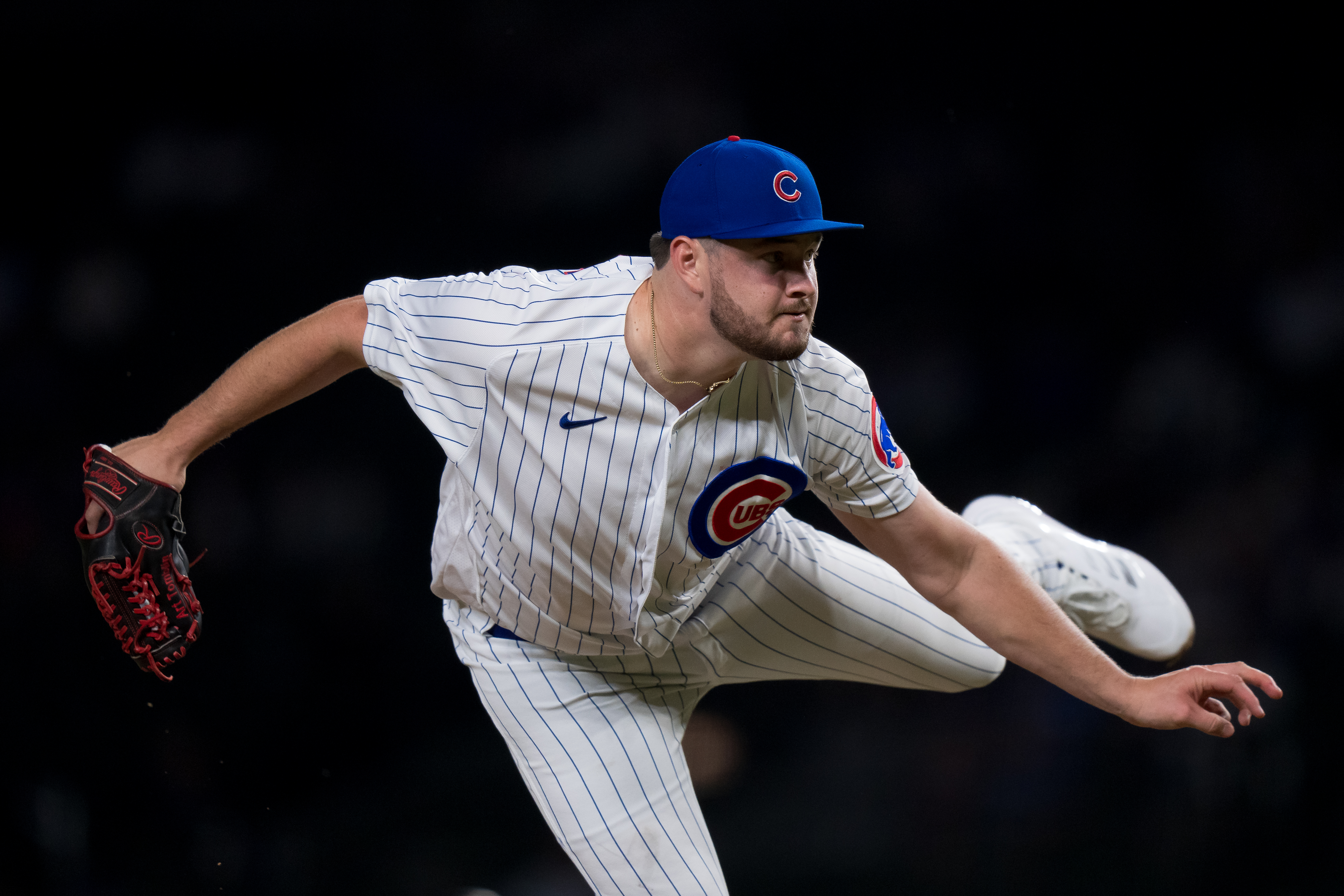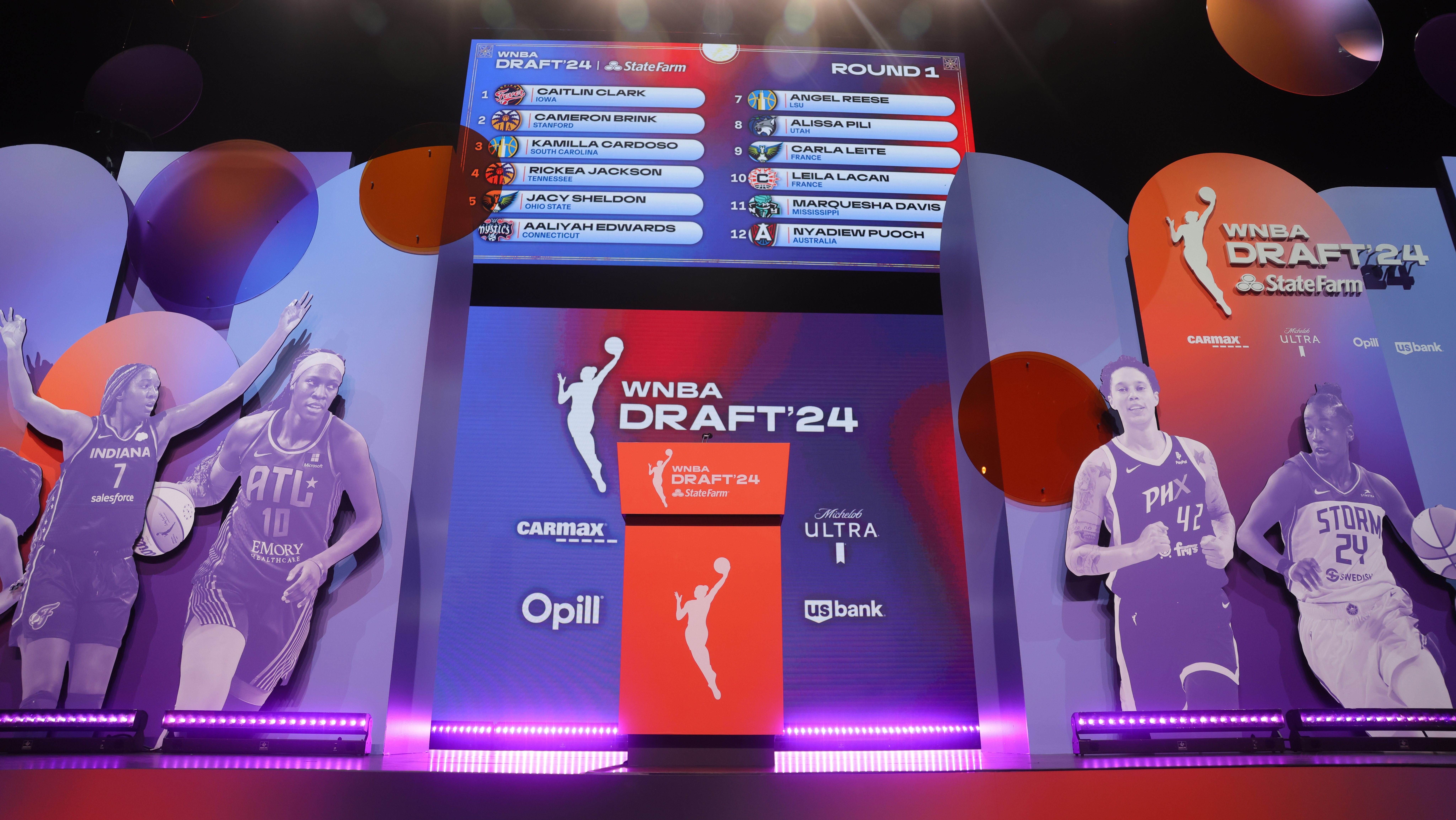
In the Overwatch League, a great deal of emphasis is put on the mechanical skill of the individual members of a team. It’s always fun to hear an audience cheer for Jjonak playing Zenyatta like a DPS, or hearing analysts talk about which Widowmaker player is the best at landing headshots in quick succession. However, Overwatch is a team based game, and when played at the highest level, mechanics inherently take a back seat to strategy and team play. After all, what good is a player's ability to click heads if they don’t know how to execute macro play and push the payload?
In order to stay ahead of the competition, teams need much more than the players with the best raw skill. The long term success of a team comes not just from the players, but from the minds behind the scenes. The coaching staff who come up with the plan of attack, and teach their players how to execute, are essential in developing the strategies and gameplan that push the players to victory. More than that, a good coaching staff is the glue that holds their team together through hours of mentally intensive practice, and review.
For the Philadelphia Fusion, these individuals are head coaches Elliott “Hayes” Hayes and Se-hwi “NamedHwi” Go, the pair that took a group of players from all over the world, and turned them into a Grand Finalist team. After a promising start in the early weeks of OWL season 2, I met with coach Hayes to discuss the inner workings of the Fusion, and what makes them a well-oiled machine.
Picture: Fusion Coaches
Credit: The Game Haus
The following interview has been edited for length and clarity.
News
Adam: What is the coaching dynamic like between you and co-head coach Hwi? How do the two of you balance the responsibilities as support staff?
Hayes: I have the standard responsibilities of a head coach. It may seem like we have a western head coach and a Korean head coach, but we still have the same role within the team. The responsibilities are just shared between us. The reason we decided to go with two head coaches, is because last year Hwi and I had very good synergy throughout the season when it came to strategy and decision making. It just made sense to go in the direction of two head coaches.
Adam: Can you explain a little about your philosophy when it comes to coaching?
Hayes: As a coach, you need to set the standard for how you want your players to work. What I mean by that is, as a coach you want to be working hard, you want to be grinding, you want to make sure you know your strategies, that you're ready for your opponent and that you're putting in the work during scrims. The players see you working hard, and because of that, they know they need to work hard too, grinding ranked and learning new heroes.
One of the other things I think is extremely important is the understanding that we are all a team and you have to have trust in your teammates. That was one thing we all sort of lacked last year, we are all a team, and we need to play as a team. The only time we really did that was towards playoffs, where we actually performed well. Throughout the year we played pretty inconsistently, and playoffs were the only time where we embraced that we were a team and said, "we are going to work through this together, and we are going to do our best."
Adam: Scheduling practices was a hot topic last year, and each team seems to have their own way of doing things. What are your thoughts on striking the right balance for your team?
Hayes: Last season was extremely long, there were 40 regular season games. So personally, I don't think you should do more than 4 hours of actual play time during scrims. I feel pretty strongly about that. The reason being that the players are just going to burn out too fast. They will lose focus, get tired, and lose passion for the game because they are playing it too much throughout the day.
I feel that a good balance is 4 hours of scrims, broken into 2-hour blocks, 2 hours of map talk beforehand, VOD reviews after, and some 1-hour breaks in between. It's a very complex and stimulating game, so any more than that wouldn’t be good for the players.
Photo:Hayes World Cup
Credit: Hayes twitter
Caption: Fusion coach Hayes and Boombox at World Cup 2018
Adam: Can you give us a general idea of how VOD review goes between the players and coaches?
Hayes: It depends on what kind of VOD review it is. Sometimes during the season, we like to have map talks. That means there's a predetermined map that the coaches have gone over, that we would like to discuss with the players in terms of strategy. If there's something that a player feels uncertain or concerned about, we'll discuss it and be open about why we think it might or might not work.
We make sure that everyone's solid on the strategies, the rollouts, and the executes. On top of that, coaches will make notes during VODs. This includes a time stamp and the topic to be discussed, and we will bring that up after a game. We do VOD review in a room with a projector so everyone can see what we are talking about. We talk about mistakes that were made, laying out how we can fix them, honestly VOD review is fairly straight forward.
Adam: Is there any player in particular that is especially studious, or reflective of their play?
Hayes: Honestly, most of the players are quite studious, but the two that stand out to me are Eqo and Elk. those two are the ones I always see talking and discussing the game in their spare time. Eqo, in particular, has exceptional game knowledge on a macro scale, and he's always thinking of ways to improve. Honestly, all the players have really good game knowledge. At this level you have to have the knowledge, you can rely on mechanics alone.
Adam: Who would you say has meshed with you the best, and who has progressed the most under your guidance?
Hayes: I would have to say Elk has meshed with me the most. He's a fairly new player, but he's someone I can always have discussions with, I can always go to him and ask him what he thinks about a strat or something, and he always comes to me with questions. We have really good conversations where we theorycraft, and actually learn from each other.
As far as who's progressed, I would have to say Fragi. we did a lot of work together toward the start of the season. I think we made a lot of progress, and we are all really happy with how he's performing currently.
Adam: In your eyes, what makes a "coachable" player, and what do you look for in new talent?
Hayes: I think a coachable player is one who is open-minded and has a level head. They have to have talent, but you need to know you're not always right. Overwatch is a complex game with a lot of variable flying around, and you can’t always know the right thing to do on your own. If you think you do, you will eventually get a big head, and become unteachable.
Adam: What do you think is the most important trait or skill for a successful coach to have?
Hayes: The most important thing is game knowledge. You have to understand this game on a fundamental level, and that comes from either playing the game at a high level, or you have to study insanely hard. It's not something that's easy to explain.
I think you have to have a mind for how each hero fits into the game, then take a step back when a hero gets changed and understand how that impacts the entire roster. I think there are people out there that aren't trained to do that yet, but when you start coaching it’s something you develop over time, and you eventually become better at.
You also need to have good communication skills as a coach, you need to be able to talk to the players, and work through problems. That's sometimes a job in itself. some coaches aren't even focused on the game, they just problem solve and mediate interpersonal problems and arguments on the team, which is a real concern. You have to make sure the team doesn't implode.
You also have to check your ego as a coach. If you have an ego, it can rub off on others in unexpected ways. At the end of the day, you have to lead these players, you have to set the standard for them, and having an ego gets in the way of that. It's a very bad thing for a coach.




